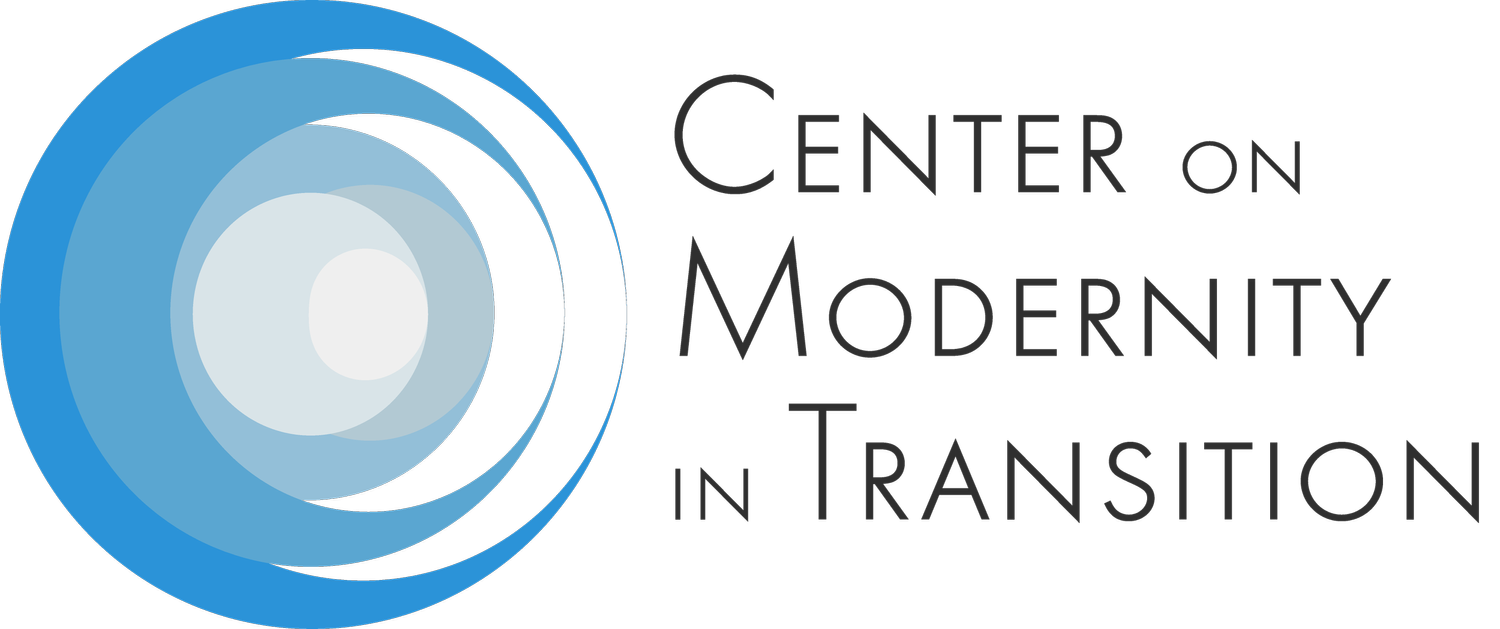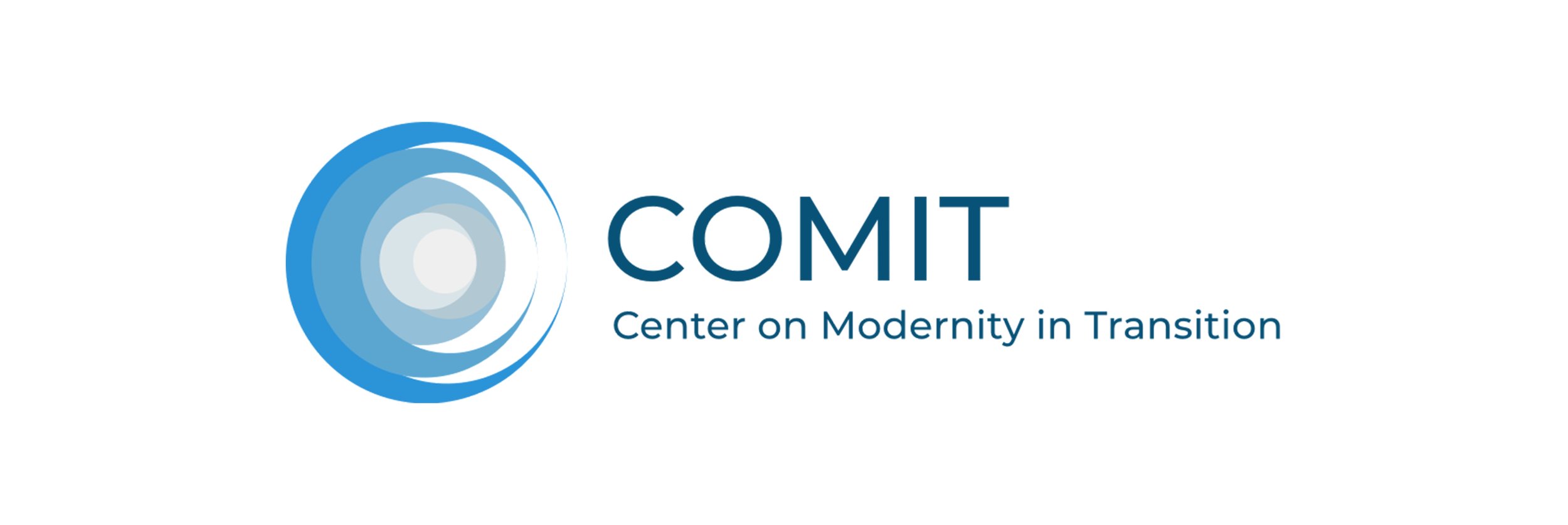Oneness and Difference in the Discourse on Race
A key dilemma that has long shaped ethical and political discussions of the legacy of radical injustice concerns the relative importance of “oneness” and “difference.” To what extent, when considering questions of race, should the unity and equality of all humans be emphasized and/or the unique histories, realities, and experiences of historically oppressed peoples be given center stage? In this conversation, Lawrence Blum and Derik Smith think together about this and other related questions, drawing upon both their academic research and their experiences as activists.
Speakers
LAWRENCE BLUM
Emeritus Professor of Philosophy and Distinguished Professor of Liberal Arts and Education at the University of Massachusetts Boston. He is the author of I’m Not a Racist, But… (2004) and co-author of Integrations: The Struggle for Racial Equality and Civic Renewal in Public Education (forthcoming spring 2021).
DERIK SMITH
Associate Professor of Literature at Claremont McKenna College and author of the book, Robert Hayden in Verse: New Histories of African American Poetry and the Black Arts Era (2018).
Moderators:
SHAHRZAD SABET
Shahrzad Sabet is Co-Director of the Center on Modernity in Transition (COMIT) and a Fellow at New York University’s Institute for Public Knowledge. Her current book project, which spans a variety of disciplines, makes the case for a reimagined universalism that reconciles the oneness and the diversity of humankind.
BENJAMIN SCHEWEL
Benjamin Schewel is Co-Director of the Center on Modernity in Transition (COMIT). He is author of Seven Ways of Looking at Religion (2017) and is currently working on a second book, Encountering the Axial Age, both from Yale University Press.
2020-2021 SPEAKER SERIES
The Liberal Imaginary and Beyond
The Liberal Imaginary and Beyond brought together leading thinkers to examine the origins, contents, and development of post-war liberalism, and to consider significant attempts to move beyond the resultant liberal imaginary without casting aside its impressive moral and political achievements. Sponsored by the Kenan Institute for Ethics at Duke University, New York University’s Institute for Public Knowledge, and COMIT.















